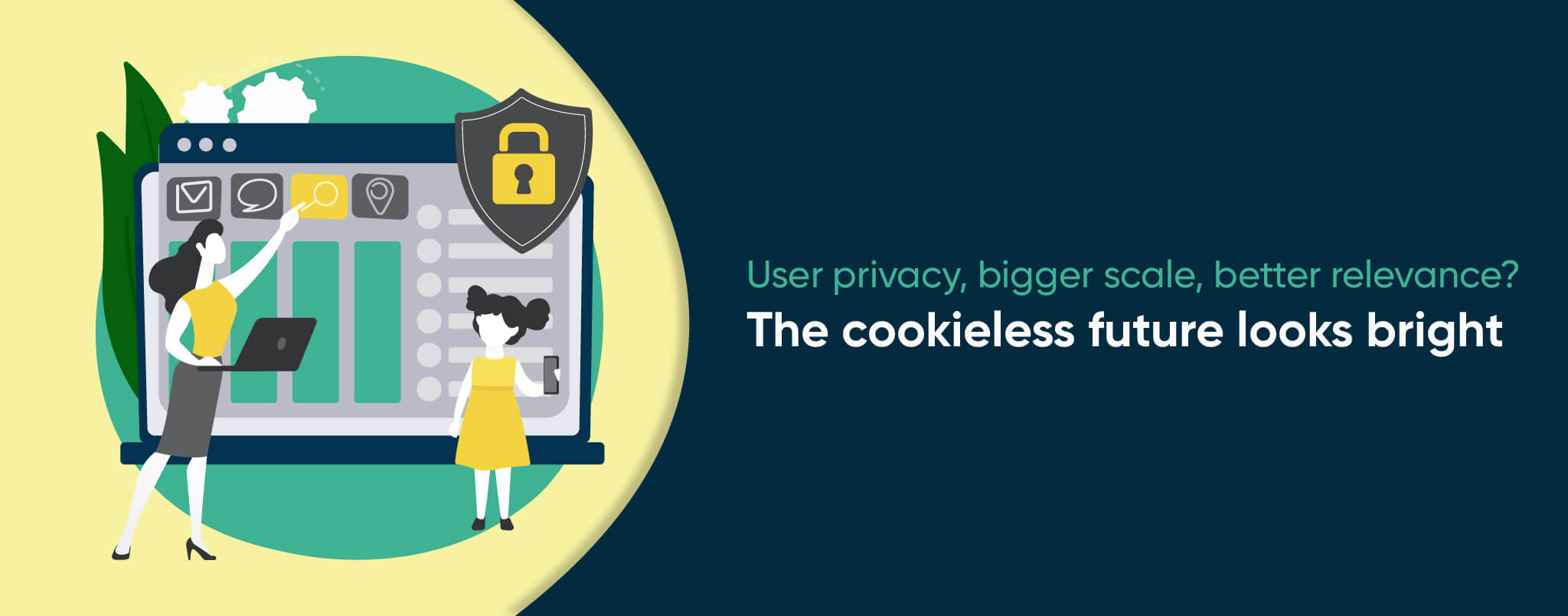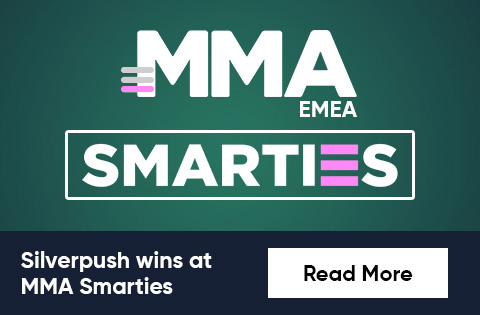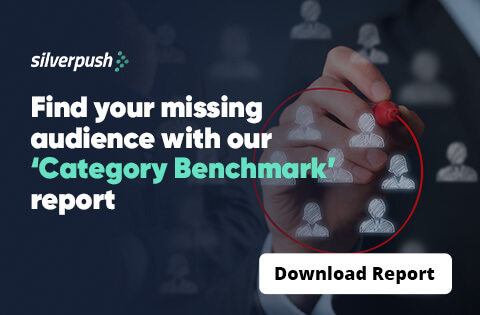Cookieless Future Looks Bright for Digital Advertisers
PUBLISH DATE: 16 August 2022
Even if Google has delayed third-party cookies deprecation till 2024, these are going to go away. Love them or hate them, it’s high time now that brands and marketers should look for a different alternative to reach their target audience complying with user privacy. With the help of advanced AI and deep machine learning technology, programmatic, and more, advertisers have had some major gains and some sacrifices along the way as the digital advertising ecosystem has evolved.
Definitely, it’s not the death knell for identifiers. However, it has come to light the importance and urgency of finding different solutions – which don’t use personal data. Though some of this is a major crisis, but what if this is an opportunity?
In concepts, personalized targeting is not a bad idea to reach the target group, however, it might not be the best approach as it limits the reach. Third-party cookies data enabled the digital advertisers to learn about the consumers overall online behaviors beyond to what they could gauge with first-party data, to what they’ve bought. With this detailed data, advertisers could easily build robust visitor profiles. All of this data helps them to create a retargeting list which is then further used to send ads to past visitors or people with same interest.
To overcome the challenge of reaching only a limited audience, contextual advertising is the answer. The logic of contextual advertising is that it effectively focuses on user events, meaning, it is focused on the content of the websites users frequent.
What else could replace cookies? Some options on the horizon that leverage first-party cookies are –
Hashed Emails – These are effectively email addresses which a user consent to provide to a website. These, in turn are then encrypted into a unique 32-charachter code to protect their privacy.
Unified ID – Universal identifiers are based on a permanent user identifier like an email id that is used across websites, channels and other various platforms.
FLOC – Google’s Federated Learning of Cohorts (FLOC) groups the users with other individuals who had the recent browsing activity. Advertisers can then use this information to target ads based on the collective interests of these groups of people.
There has been a lot posted about cookie less digital advertising. Some of the major industry and business outlets have posted about the virtues of contextual targeting. They have described it as great opportunity for the brands and agencies to reaching their audience under the right context at the right moment.







